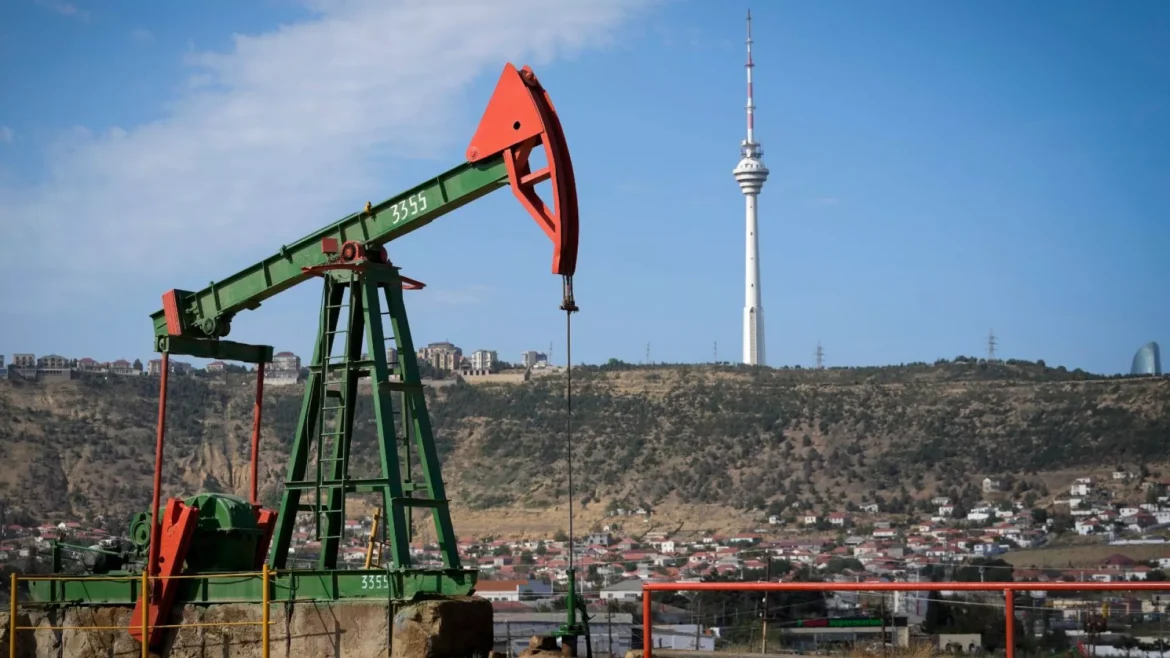The global battle against climate change is facing a formidable adversary: corruption. Experts are raising alarm over the mismanagement and theft of billions of dollars intended to combat the climate crisis, with Transparency International’s latest report highlighting the extent of this issue. Corruption is severely affecting the countries most vulnerable to climate change, potentially derailing projects meant to protect lives and communities.
For 30 years, Transparency International’s Corruption Perceptions Index (CPI) has tracked the abuse of power, shedding light on how corrupt practices impede vital climate efforts. In its latest release, the CPI reflects the alarming reality that many of the world’s most climate-vulnerable nations, along with recent UN climate summit hosts, are plagued by low corruption scores. Transparency International has warned that this corruption jeopardizes critical climate funding that could otherwise provide life-saving support to those most in need.
Countries such as South Sudan, Somalia, and Venezuela are grappling with the dual threat of devastating climate impacts and rampant corruption. Transparency International’s 2024 CPI found that over two-thirds of the world’s nations scored below 50, a concerning indicator of corruption’s prevalence. The report cites examples such as South Africa, where ongoing corruption at state-owned energy provider Eskom leads to a loss of billions annually, undermining the country’s Just Energy Transition Partnerships (JETPs) aimed at transitioning away from coal.
In Southeast Asia, countries like Vietnam and Indonesia are facing similar challenges, as corrupt activities hinder the implementation of critical climate projects. These initiatives are designed to facilitate cleaner, greener energy solutions but are often sidetracked by corrupt individuals seeking personal gain. Transparency International’s report urges governments and international bodies to take action to root out corruption from these essential climate programs.
While developing nations bear the brunt of corruption’s impact on climate funding, even wealthy countries are not immune. In the United States, fossil fuel corruption has been cited as a significant obstacle to effective climate policies. Greenpeace International’s Mads Christensen noted that the power of fossil fuel companies has obstructed progress in the US, with lawsuits and lobbying efforts undermining climate action. The shift in global power dynamics is evident in the CPI, with countries like Denmark, Finland, and Switzerland maintaining relatively high scores, while others such as France and Germany saw a decline in their ratings, signaling growing concerns about the transparency of their climate policies.
The situation is compounded by the lack of transparency during recent UN climate summits. Azerbaijan, the host of COP29, drew sharp criticism for allowing fossil fuel lobbyists to exert undue influence, with the country scoring just 22 on the CPI. The focus now shifts to COP30 in Brazil, which has earned an all-time low score of 34, raising doubts about its ability to effectively deliver on climate promises.
Maíra Martini, CEO of Transparency International, emphasized the urgency of addressing corruption to preserve the integrity of climate finance. “Governments and multilateral organizations must embed anti-corruption measures into climate efforts to safeguard finance, rebuild trust, and maximize impact,” Martini stated. As climate funds become increasingly critical in mitigating the effects of climate change, global leaders must act swiftly to prevent corruption from jeopardizing the future of our planet.
Stay ahead with the latest news on global innovation, leadership, entrepreneurship, business, and tech. Join us on WhatsApp or Telegram for real-time updates. Have a report or article? Send it to report@theinnovationtimes.com. Follow us on X (Twitter), Instagram, LinkedIn, YouTube, Pinterest, and Facebook for more insights and trends.



